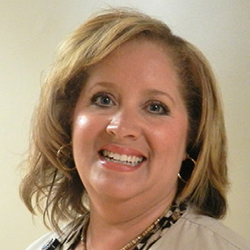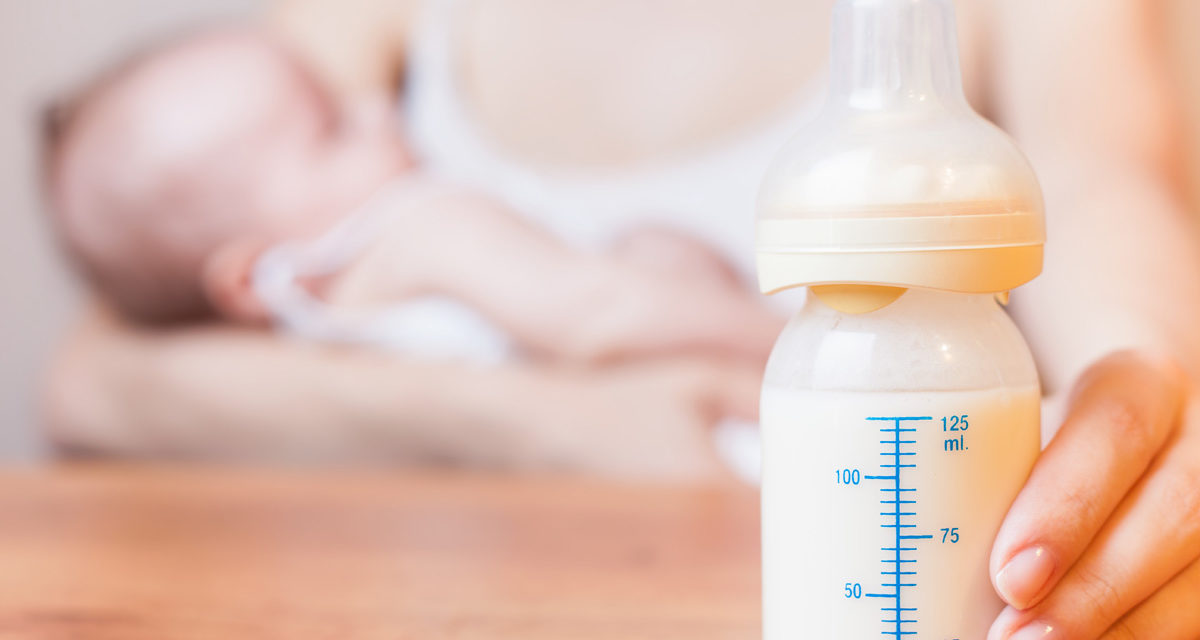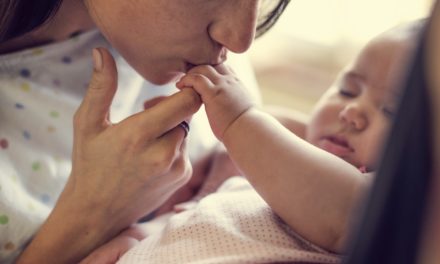Breast milk is easy for babies to digest and often changes as a baby grows, giving him or her just the right amount of fat, sugar, water, and protein. Along with these key nutrients, breast milk can actually change based on what a mom eats or drinks.
As more women choose to breastfeed, questions regarding what new moms should and shouldn’t eat or drink have become more frequent. In fact, one of the most common questions our lactation consultants are asked is whether or not it is safe to drink alcohol and breastfeed.
This is a complicated question to answer. There are so many recommendations and myths out there, it can be difficult to decide what’s best for mom and her baby.
What would a lactation consultant recommend?
Who better to sort this all out than a certified lactation consultant? Gina Penque, IBCLC, RLC has been working with moms at Mount St. Mary’s Hospital, Center for Women for years. Here’s what she had to say about breastfeeding and alcohol:

Gina Penque, IBCLC, RLC
Certified Lactation Consultant, Mount St. Mary's Hospital
Do you get a lot of questions regarding breastfeeding and drinking alcohol?
“Yes, I do get a lot of questions from breastfeeding moms regarding alcohol. As the breastfeeding initiation rates have steadily increased, so have the inquiries.
I try to take into account many things before I answer these questions. My answer is never a ‘yes’ or ‘no.’
Generally, it is a discussion with me asking a lot of questions. I try to determine exactly what the mother is asking me. For example: Does she have a wedding to go to? Or does she drink each evening after dinner?”
Is 'pumping and dumping' a safe method for making sure breast milk does not contain alcohol?
“International Board Certified Lactation Consultants (IBCLCs) are moving away from ‘pumping and dumping’ as the immediate answer regarding alcohol use. Mostly, because we now know that alcohol is the same concentration in breast milk as in the blood.
As the mother’s alcohol blood level falls over time, the level of alcohol in her breast milk will also decrease. So, pumping and dumping doesn’t make a lot of sense unless the mother is consuming a large amount of alcohol. In that case, the mom’s blood alcohol level would be too high to breastfeed. She would eventually get uncomfortable and need to pump and dispose of that breast milk to help keep her supply going.
If a mother is asking to enjoy a glass of wine with her dinner on occasion, I will often suggest she breastfeed her baby just prior to dinner, that way she has a 2 to 3 hour window or more. Depending on her weight and size, we might talk about a smaller serving size. In most scenarios, no, I do not recommend ‘pumping and dumping.'”
Are over-the-counter test strips an effective way of measuring the alcohol content in breast milk?
“Mothers feel better having a tool, like breast milk alcohol test strips. It generally makes them feel better, rather than trying to calculate or use a chart on their own.
I tell them if they are really concerned, then fine, buy them. But, I also caution that we don’t have any good studies or solid research behind them. As an IBCLC, my advice to parents who ask is to make sure they understand that alcohol use can impact a mom’s milk ejection, among other things. So even if the test strip indicated it was okay to use their milk, her supply could be impacted.
Bottom line is there is no amount of ‘getting tipsy’ or ‘getting drunk’ that is okay with breastfeeding. Any parent that plans on that happening is strongly counseled on the possible risks to her baby.”
If a mother chooses to drink, are there ways of ensuring a baby is not exposed to alcohol?
“I go by the generally accepted advice for IBCLCs, which is to limit alcohol intake to the equivalent of 8 ounces of wine, or 2 beers, and waiting 2 hours after drinking to resume breastfeeding.
I also suggest to drink water, get something to eat, and urinate. These are reasonable guidelines that most responsible parents feel comfortable following.”
To Speak with a Lactation Consultant
Call (716) 923-7152
To Speak with a Lactation Consultant
Call (716) 923-7152





